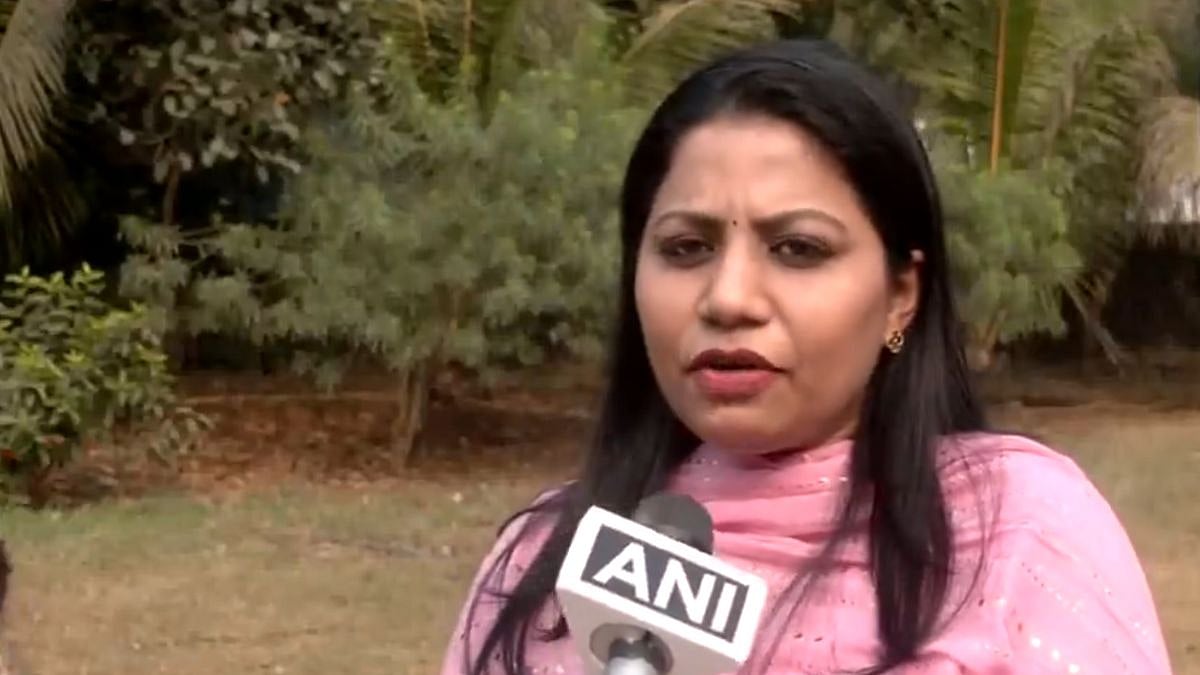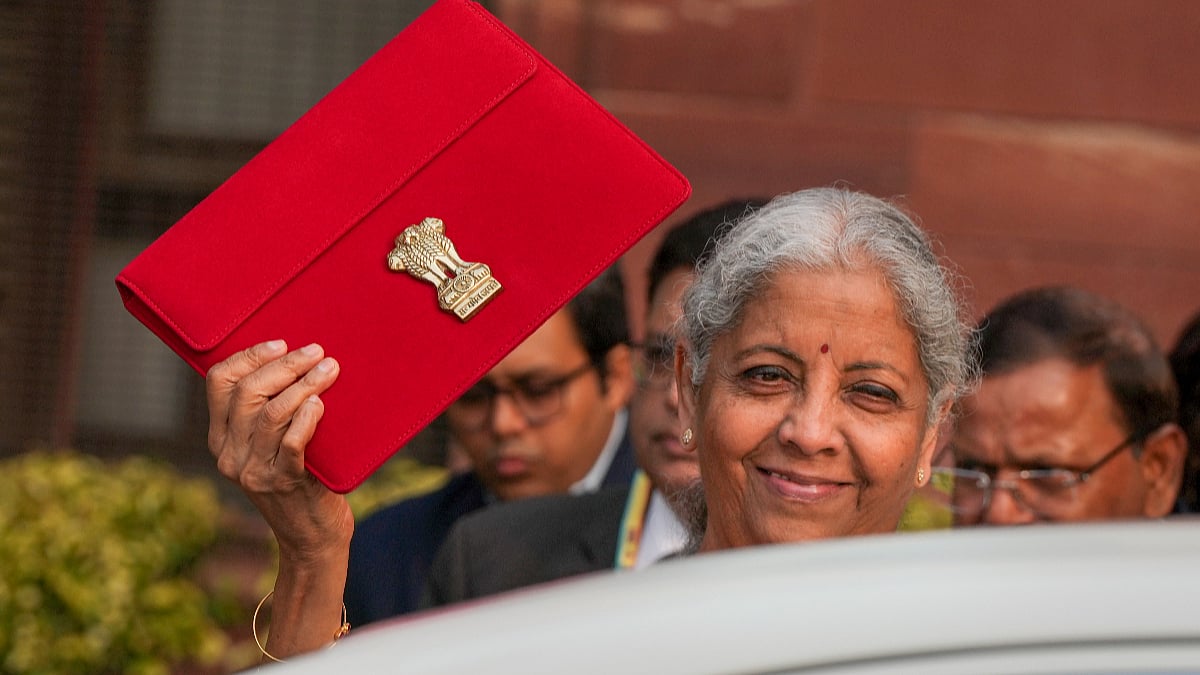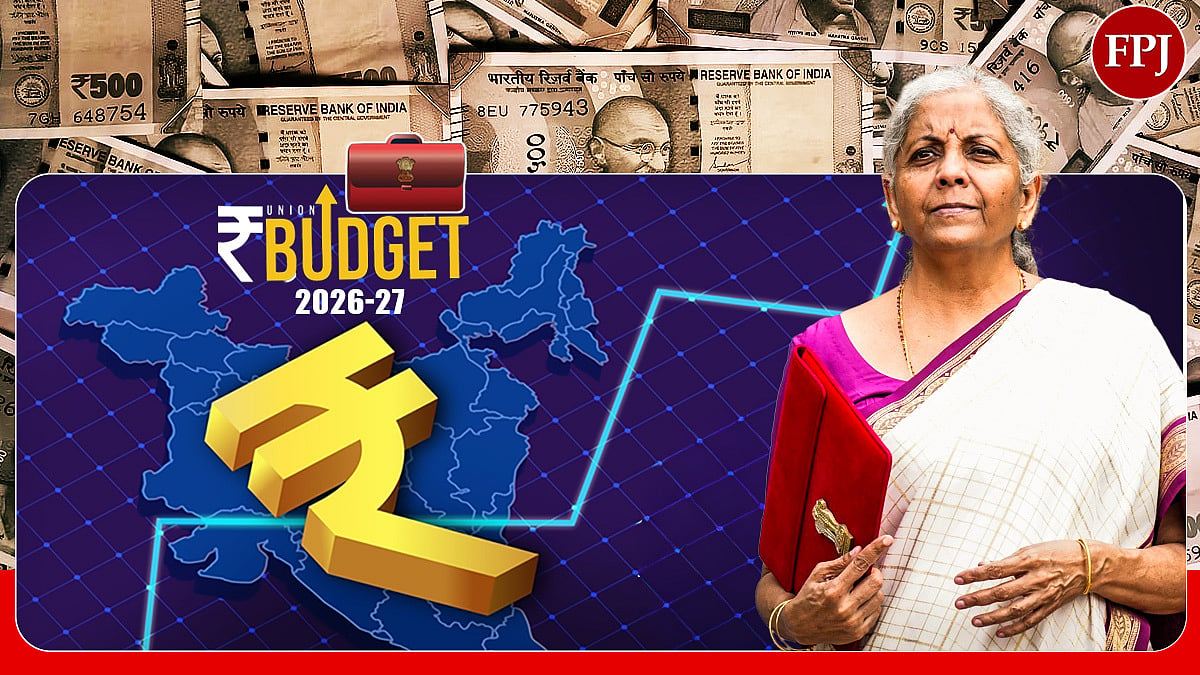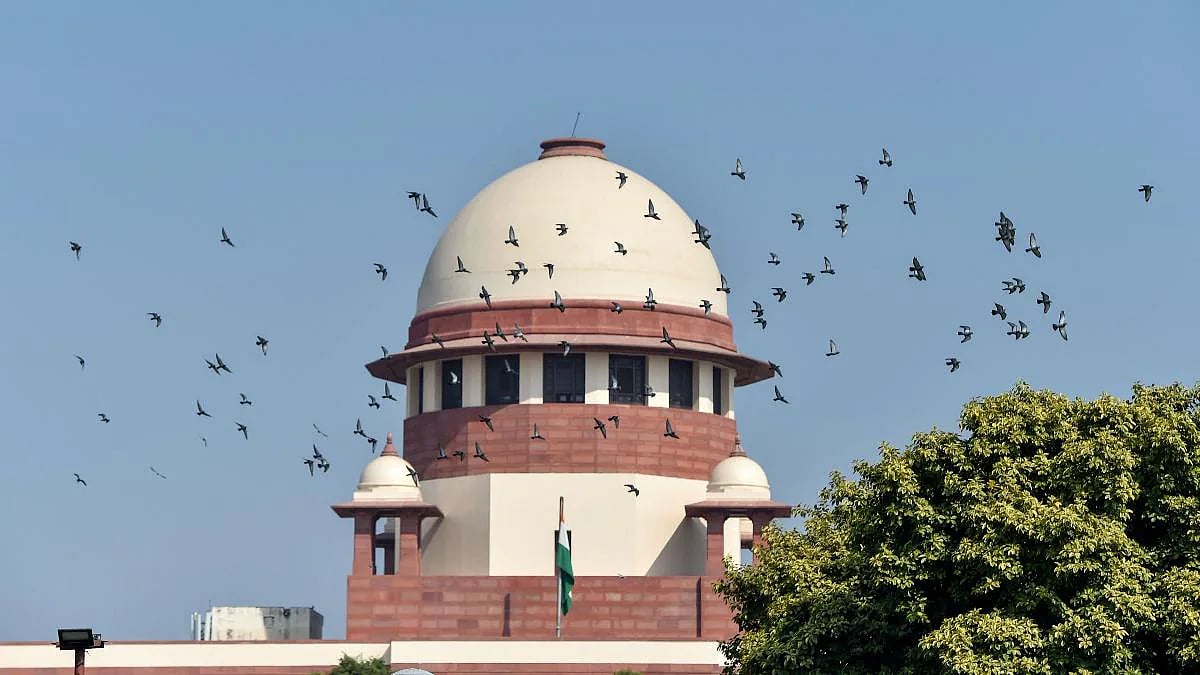In allowing single and unmarried women whose pregnancy term is between weeks 20 and 24 to access safe and legal abortion this week, the Supreme Court of India took a giant leap in women’s healthcare. In a sweep, the bench led by Justice DY Chandrachud wiped away the false distinction between married women and others seeking abortion in the 51-year-old Medical Termination of Pregnancy Act of 1971. The law disallowed unmarried women from legally accessing abortion even within the 24-week term. In doing so, the law had created an unrealistic and false binary between married women and others when it came to medical termination of pregnancies, and had unfortunately put the legal stamp on a popularly held misconception that pregnancy can only be the outcome of a marriage.
The law, while ahead of many other countries even in the global north, worked against single or unmarried pregnant women who were forced into illegal and unsafe abortions, raising the risks to their general health and well-being. Besides the risks involved, accessing such abortions was fraught with dishonour and humiliation. The bitter truth in the women’s reproductive health sector is that single and unmarried women, often of a young age, do become pregnant and need safe and legitimate abortion care. The SC has now made it possible for them to get it. However, this does not mean that the situation on the ground changed in their favour at the end of the day that the SC bench gave its judgment. The reproductive healthcare sector, especially medical and para-medical staff in abortion clinics, must be made aware of the important change and sensitised to the fact that marriage and pregnancy have been delinked, at least legally.
The idea of reproductive autonomy lies at the heart of the SC judgment, as articulated by Justice Chandrachud who invoked Article 21 and Article 14 of the Constitution. This a lesson from the ‘developing’ world to the United States in the ‘developed’ world where its apex court took away, in June this year, abortion rights and the autonomy of women to decide whether to carry their pregnancies to term or not by overturning the landmark Roe v Wade judgment of 1973. That one act made it possible for states to ban abortions and reports are that at least 20 states immediately moved to limit access to abortion with varying terms of the pregnancy. The 1970s had witnessed an uprising across the world with feminist movements demanding more autonomy and agency of women over their bodies. Indian courts took a step ahead to expand the autonomy; the US unfortunately went several steps behind.
Patriarchy, woman officer style
The appalling incident in Bihar earlier this week in which IAS officer Harjot Kaur Bhamra snapped at a young girl with insulting and patriarchal remarks, which she subsequently regretted in a statement, shows just how deep the mindset runs and how entitled the IAS cadre officers are. During a workshop titled ‘Sashakt Beti, Samriddh Bihar’ (Empowered Daughters, Prosperous Bihar), in response to a question by the girl on whether sanitary pads could be made more affordable, Ms Bhamra retorted, “today you are asking for sanitary pads, tomorrow you will ask for condoms” and slammed the girl saying “become like Pakistan.” Bhamra’s statement of regret, after a national row, came with qualifications; she should have simply apologised to not only the brave young girl but also to millions of Indian women.
It is common knowledge that girls and women in rural areas, especially in backward states, do not have access to menstrual hygiene products or are unable to afford them. The 12% GST on sanitary pads was withdrawn in 2018 after a nation-wide multi-group campaign but pads still cost a tidy sum that women have to bear on a recurring basis. Their inability to pay the costs of pads often means they use unhygienic products endangering their health and lives. The young girl put her finger on the pulse when she asked for affordable pads – in fact, menstrual hygiene products should be given free of cost especially in schools – and she deserved an empathetic and sensitive response from the IAS officer.
That the insensitive and uncalled remarks came from a woman officer made it worse. In referring to condoms in an undesirable manner, Ms Bhamra was feeding the stereotype that women who speak about menstrual and reproductive health should be shamed and that condoms are symbolic of that shame. Nothing could be farther from the truth, of course, but it shows the mindset of an IAS officer – supposedly the cream of India’s educated and aware section – which is as patriarchal as ever. This is at the crux of gender justice work: To break down the patriarchal and sexist framework which is so deeply ingrained in people, including educated ones like Ms Bhamra, so that the younger generation of women flies free – relatively freer. The young girl ought to be honoured not only for her question but for her nerve in facing the wrath of an IAS officer. Bravo, young one.









